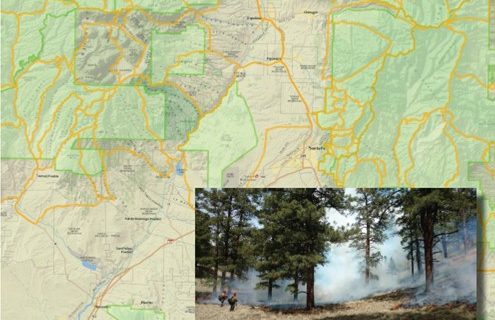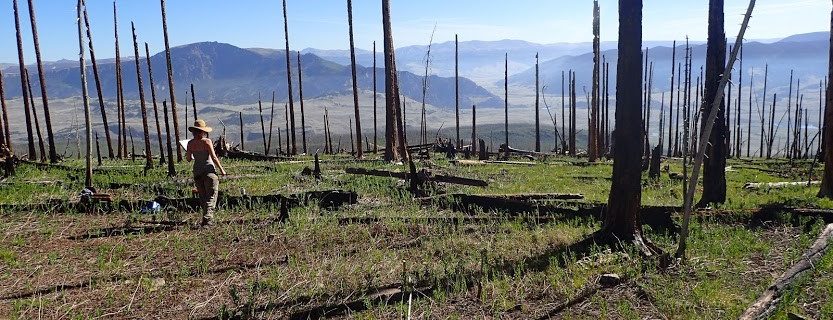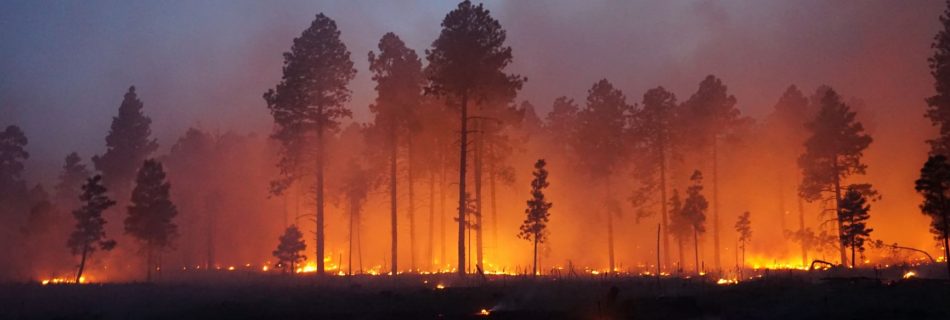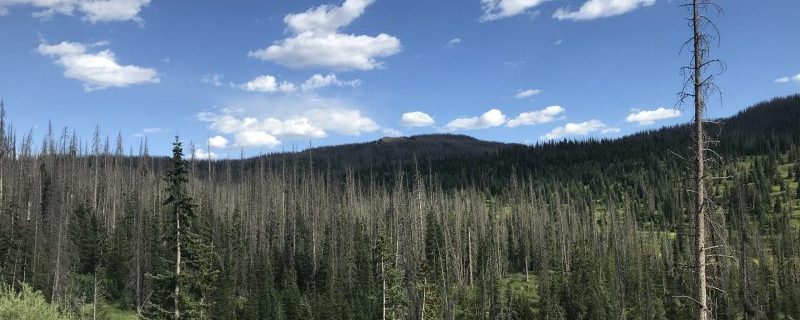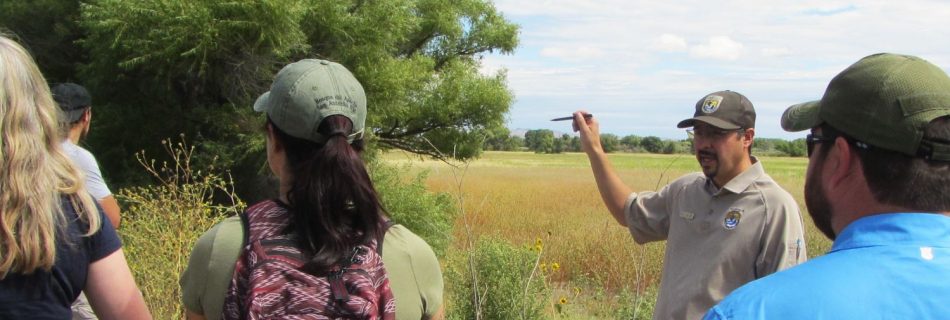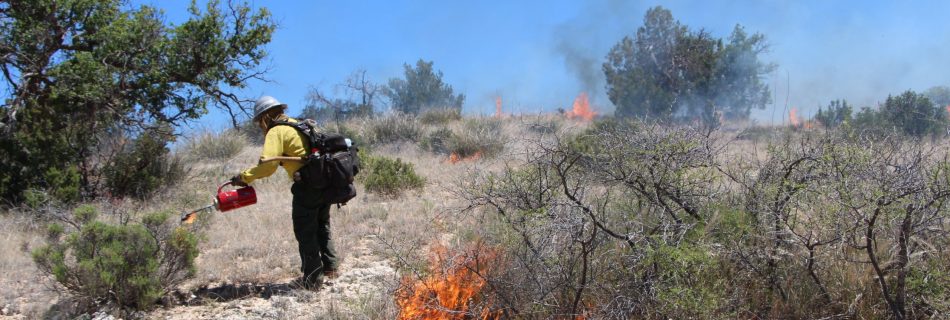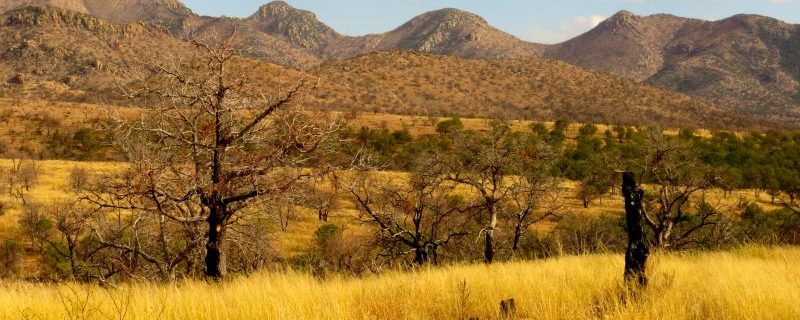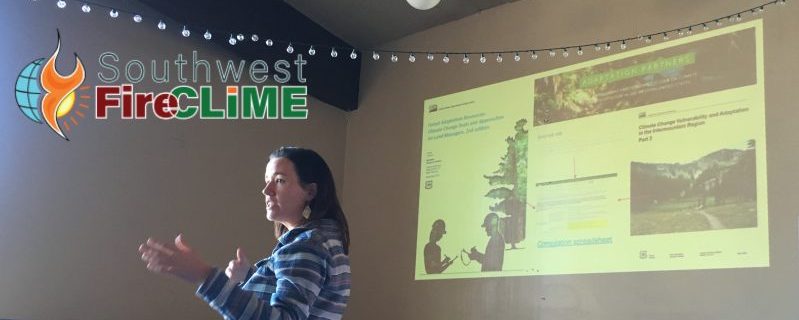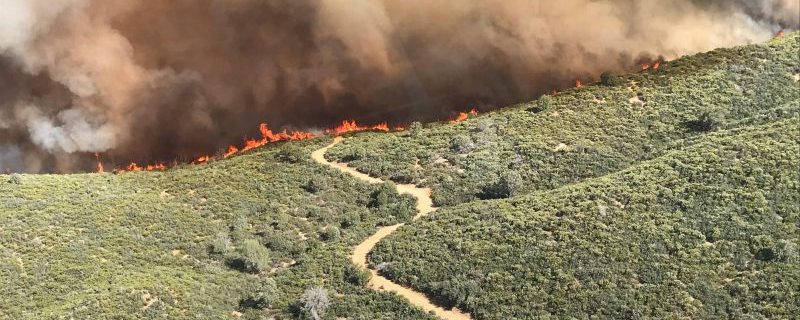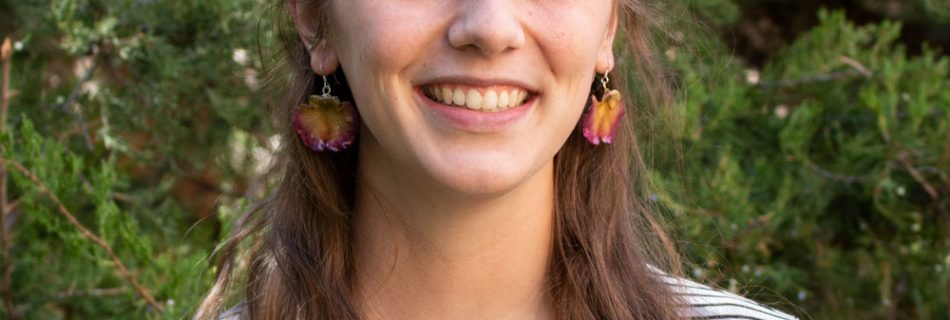Potential Operational Delineations (PODs)
Presenters: Jamie Long, Kit O’Connor, USDA Forest Service and Mike Caggiano, Colorado Forest Restoration InstituteDate: November 19, 2020 12pm Mountain Time This will be the first in our new series to feature “Science in Management Spotlight,” the goal of which is to highlight active use of science in a management setting. Let us know if …

